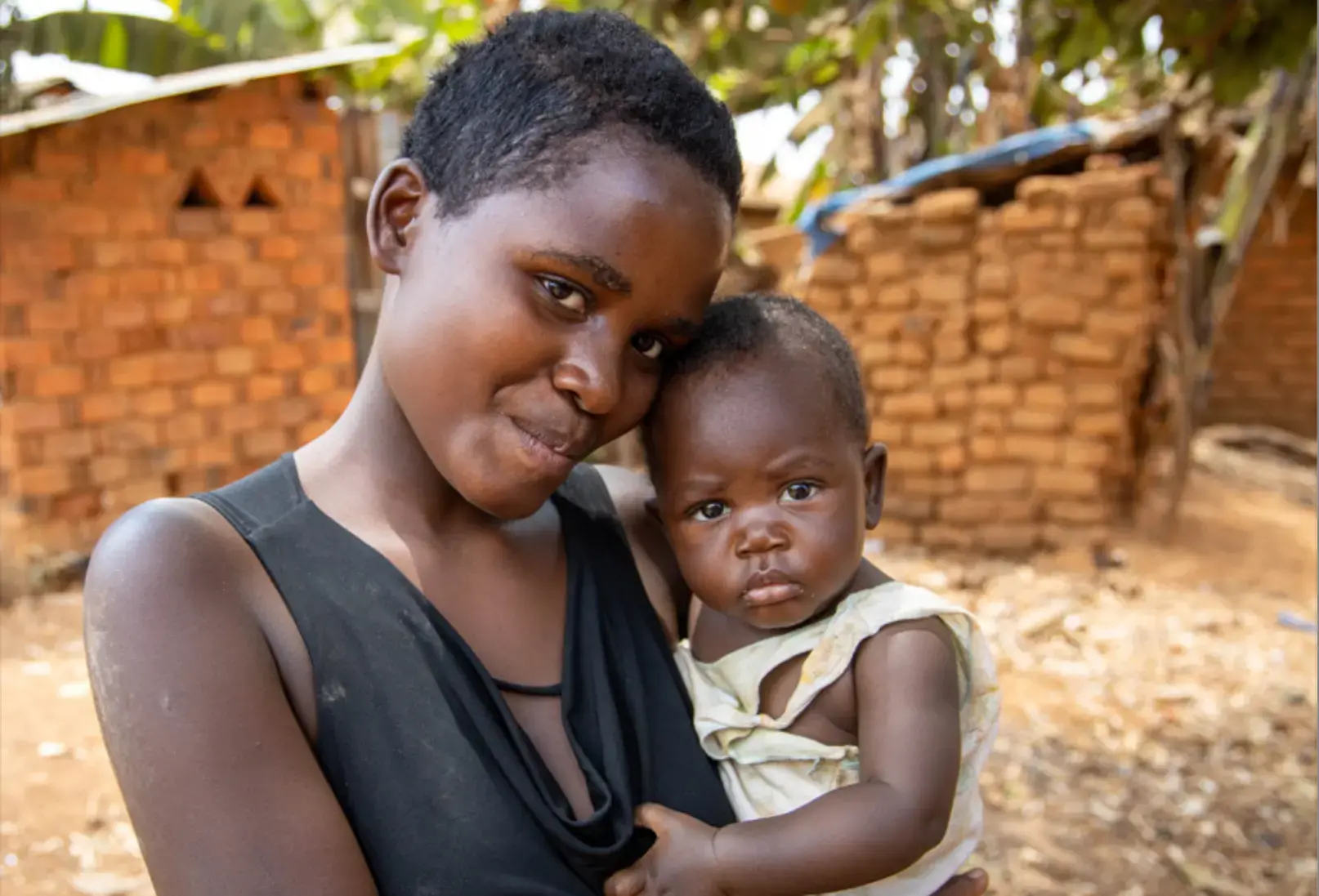Child marriage, a widespread problem in many countries in East and Southern Africa, is a serious violation of girls’ human rights. It denies their right to health care, to education, to live in security and to choose when and whom they marry. Child marriage has dire consequences for girls.
It reinforces and compromises the health and security of women and girls. It prevents girls from achieving their full economic and social potential. It subjects girls to sexual violence, risky pregnancies, fistula and HIV. And it is linked with early childbearing, leading to death and injury for many young mothers.
Child marriage jeopardizes girls’ rights, such as the right to education, because new brides are usually forced to drop out of school to bear children and to provide household labour. In addition, married girls have few social connections, restricted mobility, limited control over resources and little or no power in their new households. They are thus especially vulnerable to domestic violence.
The practice excludes girls from making decisions regarding the timing of their marriage and choice of spouse. It marks an abrupt and violent initiation into sexual relations, often with a husband who is considerably older, and a relative stranger.
Context in East and Southern Africa
In East and Southern Africa, 31 per cent of women had given birth by age 18 (2005-2020) – and the majority of these births occurred within marriage. Death in childbirth and HIV-related diseases are the two main causes of mortality among young women in sub-Saharan Africa.
Preventing child marriage would help reduce the risks of HIV infection, maternal death and disabilities, including obstetric fistula. Complications from pregnancy and childbearing are the leading cause of death for girls aged 15-19 years.
UNFPA's reponse
UNFPA is committed to delivering tangible, evidence-based solutions to child marriage with an emphasis on efforts that are gender-transformative, can be scaled-up, sustained and produce measurable results. UNFPA works with governments and civil society partners at all levels to promote and protect the human rights of girls including assisting with the development of sexual and reproductive health, gender and youth policies, programmes and services and to transform gender norms to end the practice of child marriage. Many of these efforts, such as the UNFPA-UNICEF Global Programme to Accelerate Action to End Child Marriage, empower girls to know and exercise their human rights, including their right to choose, as adults, whether, when and whom to marry.


